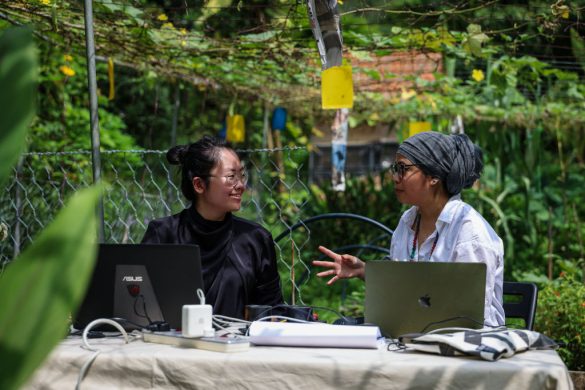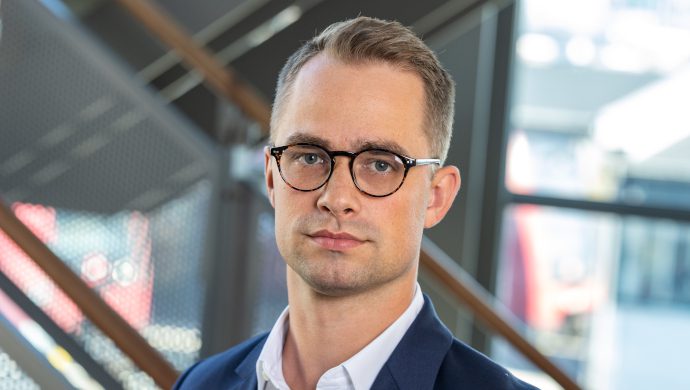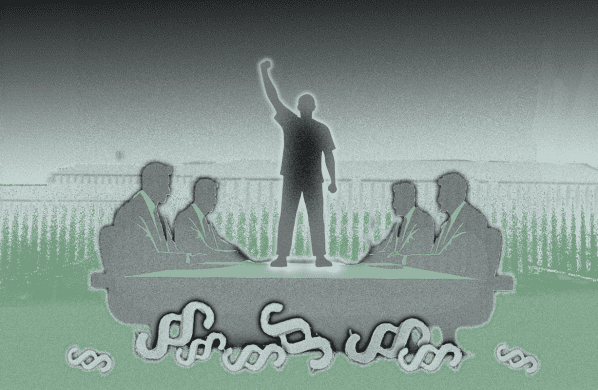With the UN International Year of Microcredit 2005 just two months old, a blue-ribbon group is holding a major symposium Saturday at UN Headquarters in New York to highlight changes in the use of the small loans to achieve the Millennium Development Goals (MDGs) of halving extreme poverty by 2015.
Since its launch on 18 November last year, “the International Year of Microcredit has given us an opportunity to harness enormous momentum and the potential of microfinance, channelling it to an ambitious and innovative work plan that will contribute to the Millennium Development Goals,” one of the symposiums keynote speakers, Christina Barrineau of the UN Development Programme (UNDP), said in an interview with the UN News Service Thursday.
Before joining the UN Capital Development Fund (UNCDF), Ms. Barrineau – the chief technical adviser for the international year – established a global network for innovation in microfinance, linking major and small banks, along with a Thai Government savings bank and a Kenyan building society.
Other keynote speakers at the event presented by the Financial Womens Association (FWA) include investment banker Elizabeth Littlefield, now a Director of the World Bank and the chief executive officer of the Banks Consultative Group to Assist the Poor (CGAP), which builds microfinance systems for the destitute.
The Groups 28 development agency members mandate it to develop and set industry guidelines, provide technical, strategic and policy advice, develop technical manuals and services and deliver training and research, according to the World Bank.
The symposium will look at microcredit, microsavings and microinsurance, as well as the role of remittances from abroad. It will answer questions about the barriers to the expansion of microcredit, the role of private capital, whether there is too much microcapital or too little, and how microfinance can reach many more poor people in the next five years.
– Microfinance is a win-win situation, Ms. Barrineau said, adding: – Financial institutions and the private sector have profitable new markets, governments have stable financial sectors and poor people can seize opportunities.
FWA President Kelly Mathieson noted that microfinance started in the philanthropic community and is now capturing real interest in mainstream capital markets. – With the help of the United Nations, we have brought together top experts from banks, private equity funds, microfinance networks and private donor organizations to explain microfinance and how individuals can participate, said he.
Meanwhile, the UN Department of Economic and Social Affairs (DESA) is planning several events to mark the microcredit year, including an expert group meeting and a youth roundtable on “Microcredit/Microfinance and poverty reduction” in June.
DESA also will highlight the role of cooperatives in promoting microcredit for poverty reduction on the International Day of Cooperatives on 2 July and will observe the contributions of microcredit on the International Day for the Eradication of Poverty on 17 October.
Kilde: FNs nyhedstjeneste















